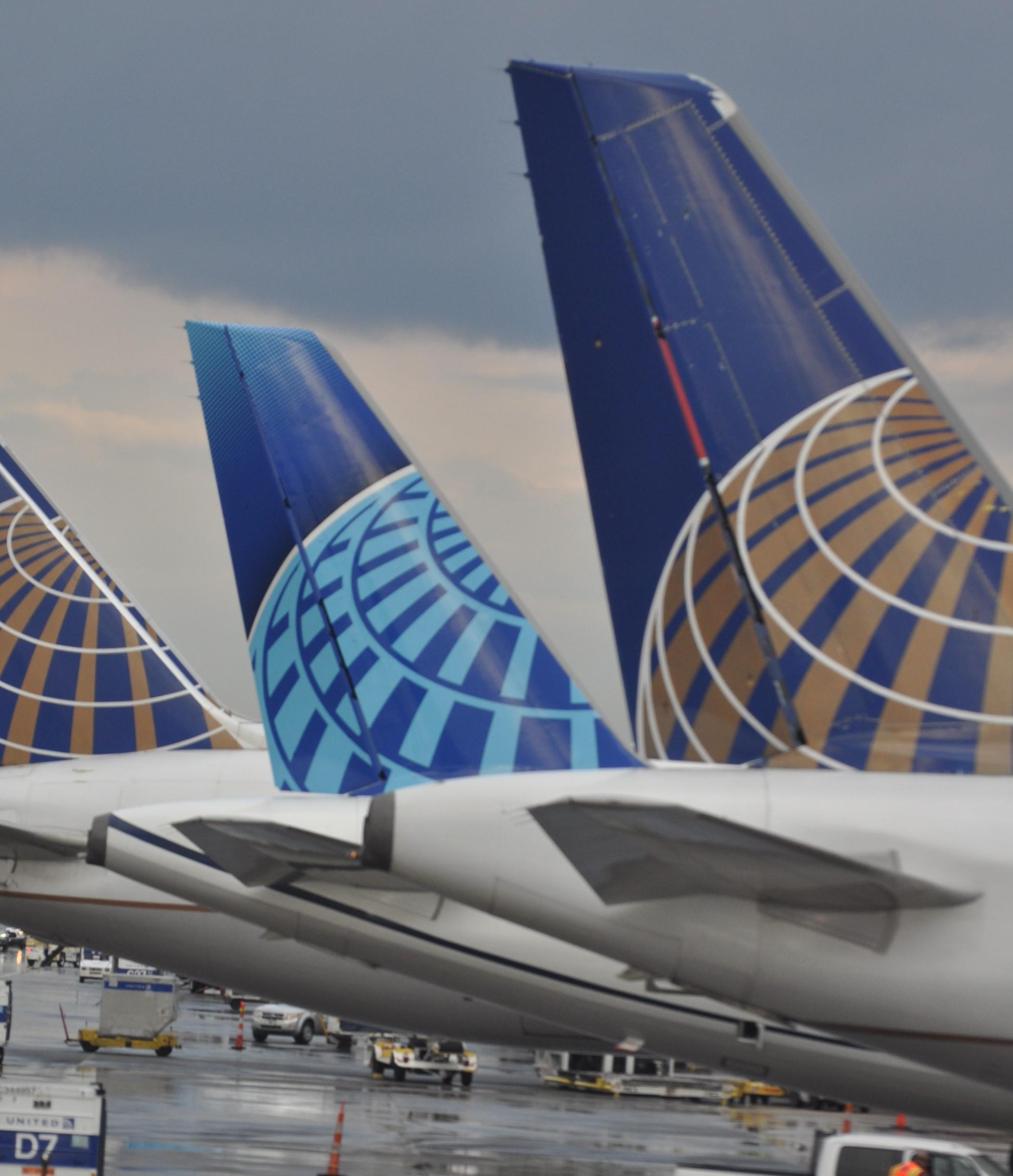United Offers ‘No-Activity’ Option To Limit Flight Attendant Furloughs

United Airlines is offering flight attendants the option to remain active employees while waiting for demand to return, in an effort to reduce the number of involuntary furloughs expected once CARES Act payroll support expires Oct. 1.
Chicago-based United has introduced “No-Activity Lines,” which allow some flight attendants that would otherwise be furloughed the option to remain active on its books with full benefits, while giving up flying on a month-to-month basis until demand returns.
United SVP-inflight services John Slater said in a staff memo, viewed by Aviation Daily, the program “is intended exclusively to mitigate the originally communicated potential number of involuntary furloughs to save jobs and keep people connected to their benefits.”
Up to 15,100 United flight attendants were warned in July of possible furloughs on Oct. 1, more than any other workgroup. The company employed around 25,000 flight attendants prior to the pandemic.
The No-Activity Lines option is not available to all flight attendants, however. The 5,500 most junior flight attendants on the company’s system seniority list will be ineligible to participate.
“This program provides a large number of flight attendants with the ability to remain active, with active employee benefits during one of the most difficult periods in the history of our industry,” Slater said in a separate Aug. 15 memo jointly signed by Association of Flight Attendants-CWA president Ken Diaz. “It also allows us to respond to opportunities more rapidly as demand returns.”
United has warned 36,000 employees of possible layoffs, more than any other U.S. carrier, comprising around 47% of the roughly 76,000 furlough warnings issued industry-wide to date. Slater said company management remains supportive of a union-led lobbying push to extend the U.S. federal government’s Payroll Support Program (PSP) until March 31, 2021, adding the No-Activity Lines were conceived “as an alternative solution in the event that doesn’t happen.”
Backers of the push to extend the PSP had pinned their hopes on Congress renewing the program as part of a broad stimulus package in August, but those prospects were dashed when lawmakers left town for a recess after failing to reach a deal Aug. 13. The next likely opportunity for Congress to renew the PSP will come in September, when lawmakers take up a continuing resolution to fund the government through the end of the fiscal year.





